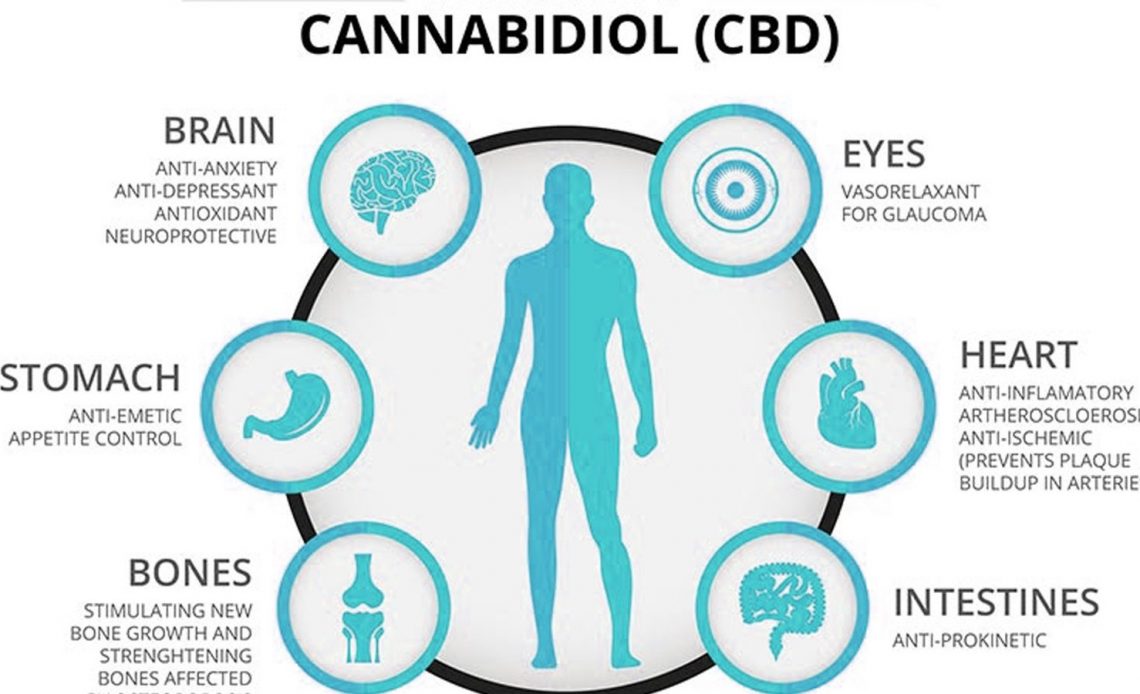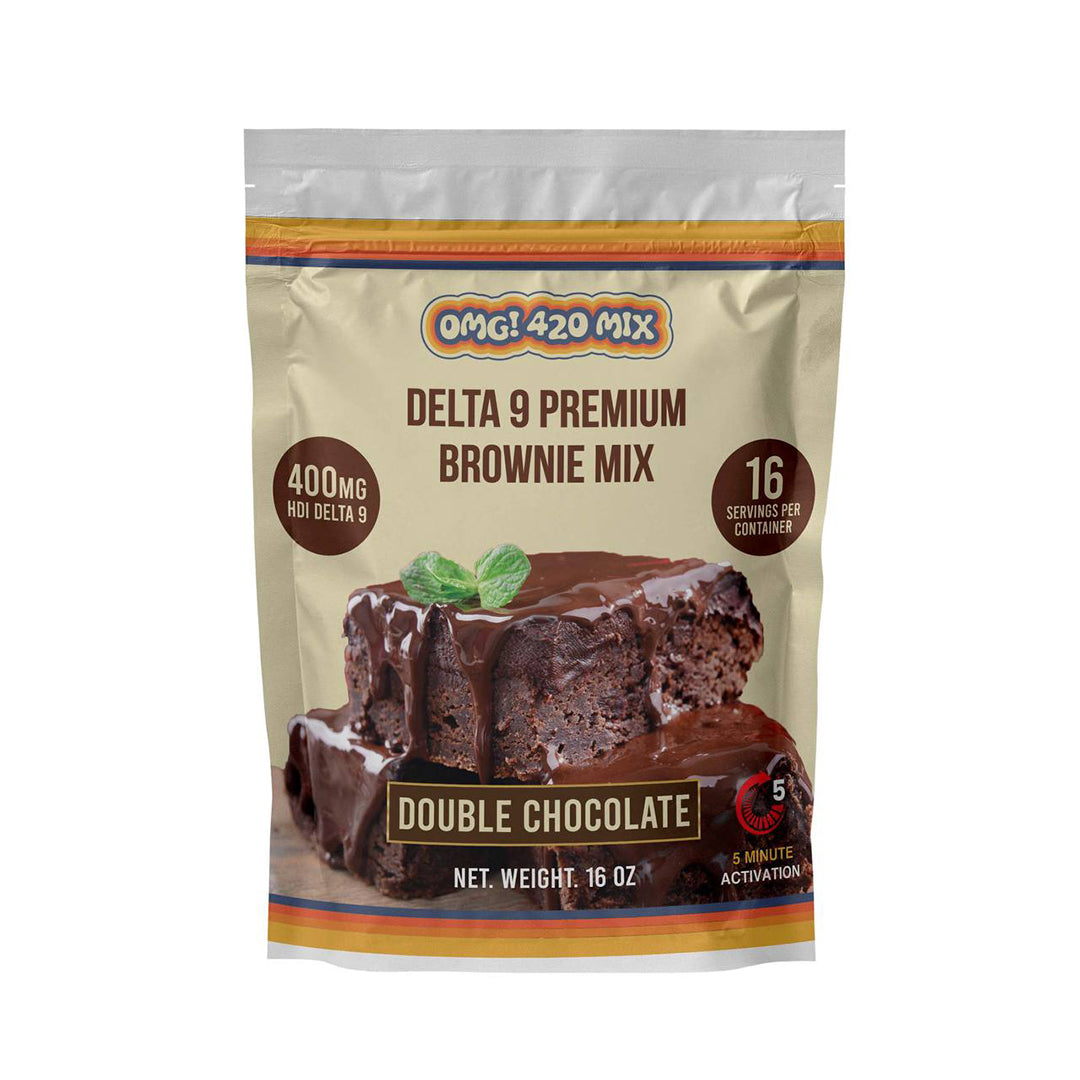
What are some of the Potential Benefits of CBD?
What are some of the Potential Benefits of CBD?
Cannabidiol (CBD) is a naturally occurring compound found in the cannabis plant. It is non-psychoactive, which means it does not produce the "high" associated with THC, the primary psychoactive component of marijuana. Because of this, CBD has become increasingly popular as a supplement and as a treatment for various medical conditions.

Is CBD Approved by the FDA?
It's important to note that more research is needed to fully understand the potential benefits and possible side effects of CBD, and to establish appropriate dosage recommendations. As CBD is not a FDA approved supplement, it's important to check with your healthcare provider before using it, especially if you are currently taking any medications or have any medical conditions.
Final Conclusion on CBD Side Effects & CBD Benefits
CBD has been the subject of much research and study, and the potential benefits of the compound are still being explored.
CBD affects the body's endocannabinoid system, which controls sleep, appetite, ache, and how the immune system works.It interacts with cannabinoid receptors in the body, and it also can interact with other neurotransmitters and receptors, like serotonin, and the vanilloid receptor which responsible for ache management.
It is worth to mention that CBD can interact with some medications, such as warfarin (Coumadin), clobazam (Onfi), and valproate (Depacon), and it might increase the level of these medication in the blood, so it is always better to consult with a healthcare provider before using CBD if you are currently taking any medication.
Understanding CBD and the Endocannabinoid System
CBD is available in a wide variety of forms, including oil drops, capsules, gummies, and topical creams, and it can be consumed in different ways such as orally, sublingually, topically and inhalation. The appropriate form and dosage will depend on the individual and the condition being treated.
As more research is being done on the potential benefits of CBD, it's important to be mindful of the quality of the product you're buying. It's important to purchase CBD products from a reputable source and to look for products that have been lab tested to ensure they contain the amount of CBD advertised on the label.



